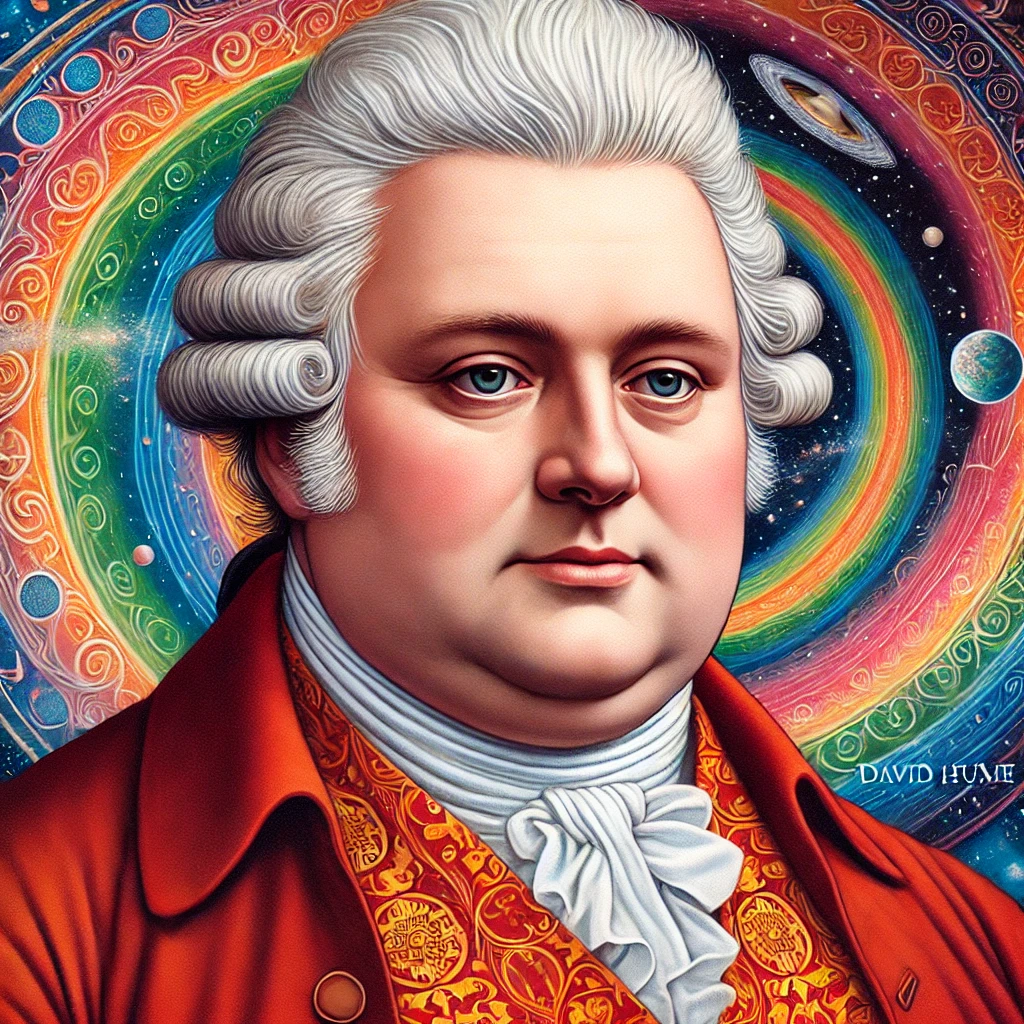Empiricism

Place of Origin: Europe (primarily England and Scotland)
Century of Origin: 17th Century CE
Associated Philosophers:
Overview of Empiricism
Empiricism is all about learning from what we can see, hear, touch, and experience. Instead of believing things just because someone says they’re true or because they 'feel' right, empiricists believe we should trust what we can actually observe. This philosophy challenges the idea that there are truths we just know without experiencing them. It pushes us to keep questioning what we think we know, always testing and learning from what happens around us.
In Empiricism, questions about reality are tied to what we can experience through our senses. For example, we know the world is real because we can see, hear, and touch things. Empiricists believe that everything we know must be based on these real-world experiences, and that things like the mind or soul must also have a connection to what we can observe.
Empiricism says that all knowledge comes from experiences. We don't start life with built-in knowledge—we learn by interacting with the world. This way of thinking is what inspired the scientific method, where people experiment and observe things to learn more. Empiricism teaches us that what we 'know' could always change as we learn more through new experiences.
When it comes to ethics, empiricists focus on what actually happens when we make choices. Instead of thinking about right and wrong in abstract ways, they suggest we look at how our actions affect people in real life. If something leads to better outcomes for people, then it's a better choice. It’s a practical way of looking at right and wrong, based on how things work out in the real world.
Empiricists use something called inductive reasoning. This means they look at specific examples and then try to figure out general rules based on what they’ve seen. For example, if you see that the sun rises every morning, you can make a general rule that the sun will rise every day. But they also know that these rules might change if new evidence comes up.
Empiricists think that beauty comes from our senses, like how something looks, sounds, or feels. For them, the way we experience art, music, or nature is through what we see and hear, not through abstract ideas about beauty. They believe beauty is something we notice with our senses in the moment, like enjoying a sunset or a painting.
The Empiricist method is all about observing the world and testing ideas. Instead of just thinking about how things should be, they believe in looking at the facts and experiences to understand what's true. This way of thinking is what inspired the scientific method, where people run experiments and gather evidence to figure out how things work.
Empiricism says that people are shaped by their experiences. We aren't born knowing everything, but we learn as we go through life. What we believe and who we are comes from the things we've experienced and the world around us.
Empiricists believe that governments and laws should be judged by how well they actually work. If a law helps people live better lives, it’s a good law. Thinkers like John Locke, who was an empiricist, argued that governments should focus on protecting people’s freedoms and rights—but only if this leads to a better, more peaceful society.
Empiricism became an important way of thinking during the Enlightenment, a time when people were questioning old ideas. Philosophers like John Locke and David Hume believed that knowledge had to be based on experience. Their ideas helped change how people thought about science and knowledge, focusing more on observation and testing rather than just reasoning.
Key themes in Empiricism include the idea that all knowledge comes from experience, and that we should always base our understanding of the world on what we can see and measure. This approach encourages people to keep learning and questioning what they think they know.
John Locke is one of the most famous Empiricists. He believed that the mind is like a blank slate when we're born, and that all of our ideas come from our experiences. David Hume is another key thinker who explored how we can only truly know things through our senses.







